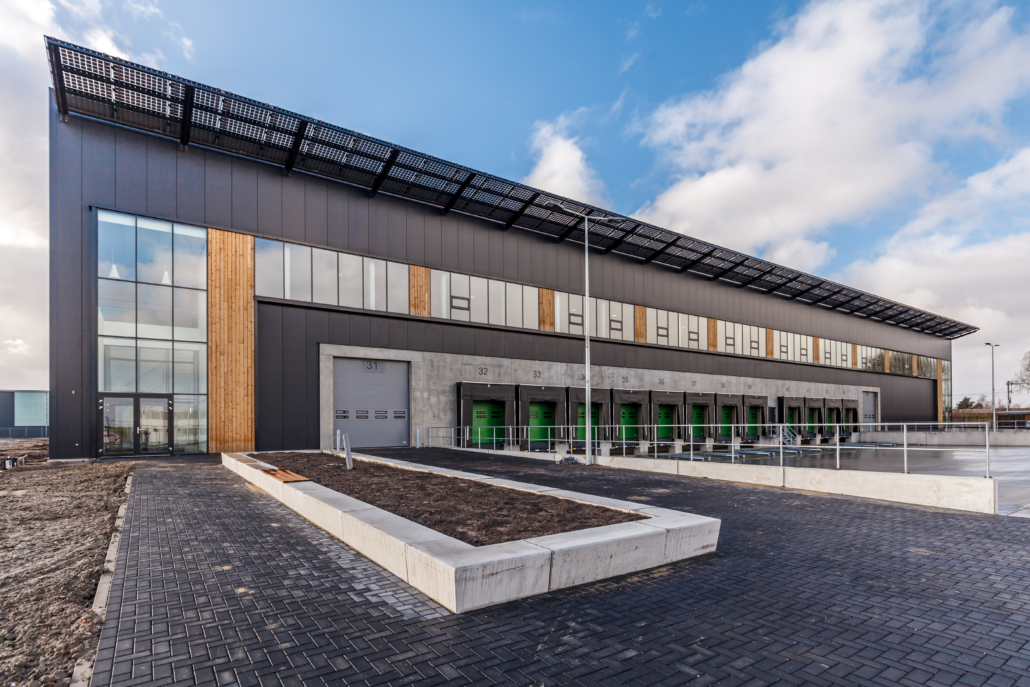
Kite expands cell therapy manufacturing in Europe
CAR-T cell therapy specialist Kite Pharma, now part of Gilead Sciences, has expanded its cell therapy manufacturing footprint in Europe. A 117,000 square-foot facility in Hoofddorp, the Netherlands, will be operational by 2020.
Kite’s CD19-targeting CAR-T cell therapy axicabtagene ciloleucel, which received FDA approval in October 2017 to treat B cell lymphomas under the brand name Yescarta, is currently under rewiew by the European Medicines Agency (EMA). The lease of the Dutch site near the airport is not only part of EU commercialisation but of Kite’s global roll out of the second approved autologous CAR-T cell therapy ever, which followed the approval of Novartis Kymriah (tisagenlecleucel) in 2017.
This new European manufacturing facility will enable personalised cell therapies to be manufactured in closer geographic proximity to the patients who will receive them, potentially shortening the turnaround time for people who urgently need care, said John Milligan, PhD, Gilead’s President and CEO.
In addition to the Netherlands facility, Kite has recently purchased a new building in Santa Monica from Astellas Pharma Inc. that will be used for cell therapy research, development and the expansion of clinical manufacturing capabilities, and has leased a 26,000 square-foot facility in Gaithersburg, Maryland. The Maryland site will support the work of a new Cooperative Research and Development Agreement (CRADA) with the National Cancer Institute (NCI) to develop adoptive cell therapies targeting patient-specific tumour neoantigens.
The addition of these three new facilities and the expanded CRADA with our research collaborators at the NCI will help us bring cell therapies to more people with cancer around the world, said Alessandro Riva, MD, Gilead’s Executive Vice President, Oncology Therapeutics & Head, Cell Therapy.
Both, Kite and Novartis have still to proove that autologous CAR-T cell therapies can spend significant amounts of money as manufacturing is extraordinarily costly, lengthy, and complex, which affects treatment prices, and need to become more reproducible. Currently, CAR-T cell therapies only work in blood cancers, the minor part of the cancer therapies market. Several companies are working to make safe autologous and allogeneic CAR-T cell therapies and CAR-Treg cell therapies also available to treat solid tumours.




